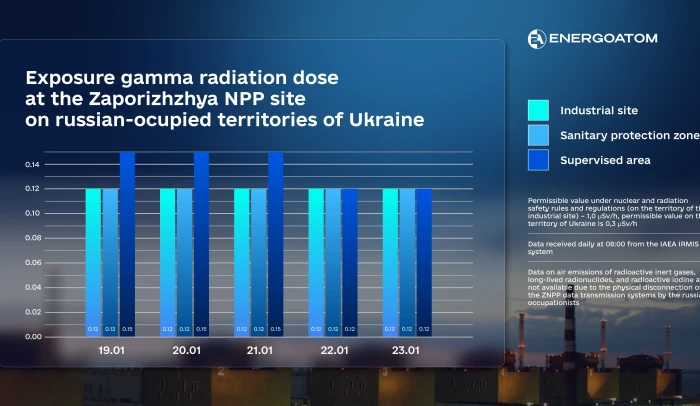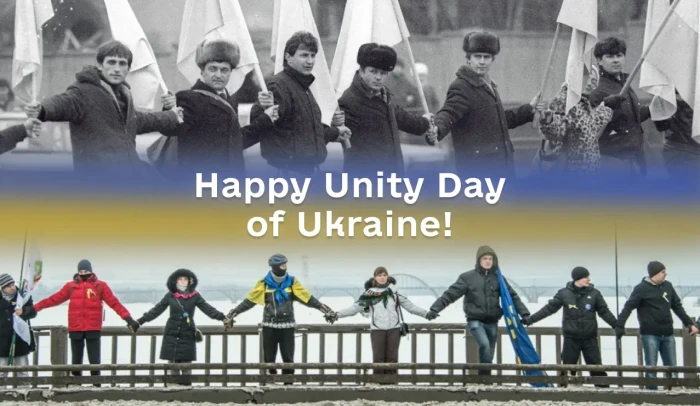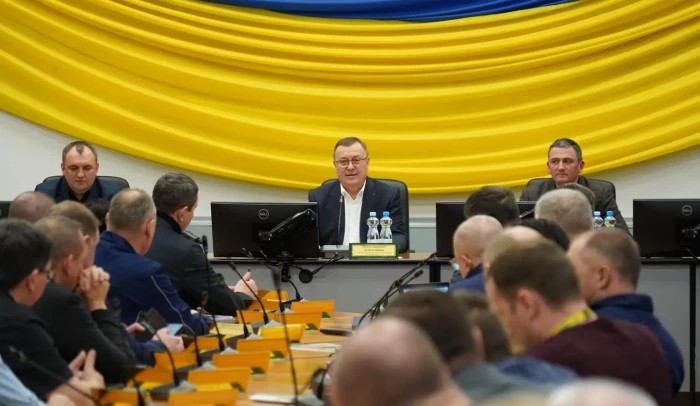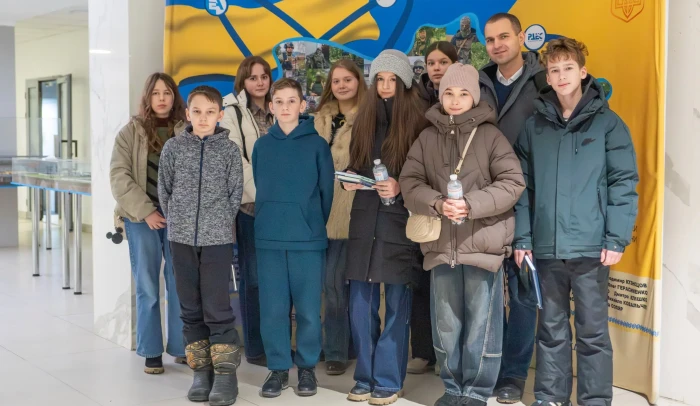Almost 50 students of the specialty “Nuclear Power Engineering” defended their Master’s degrees in three specialized universities: National Technical University of Ukraine
“Igor Sikorsky Kyiv Polytechnic Institute”, Odesa National Polytechnic University and Lviv National Polytechnic University . Energoatom has strong partnerships with these higher education institutions, whose graduates join the teams of nuclear power plants and other subdivisions of the Company every year. These universities train specialists for the nuclear power industry and for other specialties.
Of the 13 graduates of Kyiv Polytechnic Institute who studied under the “Nuclear Power Plants” program and defended their Master’s degrees, four have already been working at NNEGC, and five of them have studied under trilateral agreements that guarantee employment at NPPs.
Moreover, 26 graduates of the “Physical Protection and Accounting of Nuclear Materials” program defended their diplomas, 12 of them work at Energoatom. Due to the need for specialists of this profile, the mentioned program was introduced at KPI five years ago.
There were 26 Graduates with Master’s degrees in nuclear engineering from Odesa Polytechnic University. 13 of those received a second higher education and all of them work at Energoatom. The other 13 are full-time graduates, 70% of them are assigned to work under trilateral agreements at nuclear power plants.
At Lviv Polytechnic University, 6 masters received diplomas in “Nuclear Power Engineering”, and 22 graduates received diplomas in “Thermal Power Engineering”, about 67% of them work at Khmelnytskyi NPP.
The topics of the graduation thesis indicate the attention of the masters to issues important for nuclear power industry. The diploma researches covered increasing safety, reliability, efficiency and improvement of NPP equipment and systems, etc. Moreover, promising areas of the nuclear sector of Ukraine, new technologies and developments are from the use of artificial intelligence to the development of the native nuclear fleet, as well as the introduction of small modular reactors.
Thus, one of the masters of Odesa Polytechnic University focused his research on optimizing the delivery scheme of the AP1000 reactor using Westinghouse technology to Ukraine. There were thesis devoted to the use of high-temperature reactors for the production of hydrogen and new fuel (TRISO type) for light-water reactors. One of the masters of Lviv Polytechnic University also devoted his thesis to the AP1000 project, presenting a research of core thermal processes and technical solutions for reactor safety systems.
The topics of the master theses on the physical protection of nuclear installations, developed by Kyiv Polytechnic Institute graduates, are related to the challenges of today. The primary focus was on improving the methods of designing physical protection systems, assessing the vulnerability of nuclear installations, implementing the up-to-date systems for detecting unmanned aerial vehicles, and the problems of countering such threats.
It is important that Energoatom specialists were involved in nuclear masters’ thesis defense at specialized higher educational institutions. Moreover, in Odesa and Lviv Polytechnical Institutes, representatives of the Company headed the examination committees. Such support from the employer is undoubtedly important both for future young specialists and for those nuclear workers who receive new education in their specialty.
The graduates from a number of specialized universities who have chosen to build a career in the nuclear industry of Ukraine will soon join the multi-thousand-strong team of Energoatom.
As a reminder, NNEGC “Energoatom” is the largest employer in the nuclear power industry of Ukraine, and even in difficult war conditions, the Company is thinking about the future. In the coming decades, it is planned to build 9 new power units using the AP1000 technology, complete the construction of the KhNPP Units 3 and 4, and launch a program to build small modular reactors. In order to implement such a powerful program, the Company has been already extending cooperation with specialized educational institutions to train personnel to work at the new power facilities.





